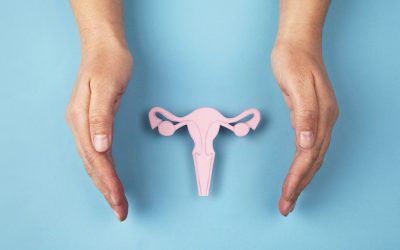A recent series of natural disasters, ranging from earthquakes and wildfires to tropical storms and hurricanes, has taken over the media and thousands of peoples’ lives. In all the talk about preparing for a storm, however, one demographic remains largely unaddressed. Children handle disasters differently from adults, both physically and mentally. If you’re facing a natural disaster, here are some tips for keeping your kids’ health in mind before, during and after the storm.
How Children are Different
When it comes to disasters, children handle them differently because their bodies are different. Children are more likely to become sick or be injured during a disaster. Because they breathe in more air per pound than adults, they are susceptible to breathing in more pathogens after a disaster than adults. Their skin is thinner, and fluid loss can be much more difficult on a child than it is for an adult. Children lose body heat more quickly and put their hands in their mouths more often.
All of these factors lead to increased potential for illness and injury during a disaster, especially one that brings in new elemental changes or pathogens. Mentally, children feel a loss of control and have little experience with how to handle an emergency, which means they can feel more stress in an emergency than their adult counterparts.
Preparation is Critical
The best way to protect your child’s health is to prepare for disasters before they happen. A variety of online tools exist to help you create a disaster preparedness plan that includes your children.
When a disaster is predicted, such as a hurricane, talk to your children about what could happen and explain what steps you plan to take to keep them safe. Remain as calm as possible, even if you’re frightened, as children pick up on cues from adults. If your child has special needs, such as medical equipment that requires electricity, be sure to include electrical service in the plan even if you suffer power outages. Refill all prescriptions your child may need and have them easily available in case you need to leave quickly.
Talk to your child’s pediatrician about medical records, and request important medical records in printed form to keep with you in a Ziploc bag. Emergency personnel will need to know about allergies, medical conditions, immunization records and more, and you may not be able to help them when you’re stressed or injured yourself.
During a Disaster
Keeping calm is the best way to help your child cope during a disaster. If you must go to a shelter, take items that will comfort your child, such as stuffed animals, favorite books or blankets. Be sure that your children have access to safe food and drinking water, even if you remain in your home. Teach them to avoid putting things in their mouths, especially if there may be contaminants nearby, as there often is after a flood or wildfire. Let them ask questions so you can better understand their fears. By helping them understand as much as possible, you could reduce the chance of mental anxiety after the disaster has passed.
After the Disaster
Once the disaster is over, life may not go immediately back to normal. If your home was destroyed by hurricane winds or your child’s school was flooded and needs rebuilding, you may deal with some mental anguish from your child. It may take time for them to adjust to the changes in their daily routine. If your child was exposed to toxic substances, talk to your pediatrician about long-term effects.
Protect your child from media reports on the disaster as well. News media tends to focus on the worst of a disaster and this can cause children significant fear or anxiety. In most cases, children will need more assistance handling the disaster mentally rather than physically. Providing them with an outlet to express anger and grief, even if it means a support group or therapist, is the best way to help them heal after a disaster.
Although disasters can be very frightening for adults, they are especially terrifying for children. Careful planning, a calm demeanor and an understanding of your children’s mental response to the event can help your little and not-so-little ones recover as they cope with loss.







